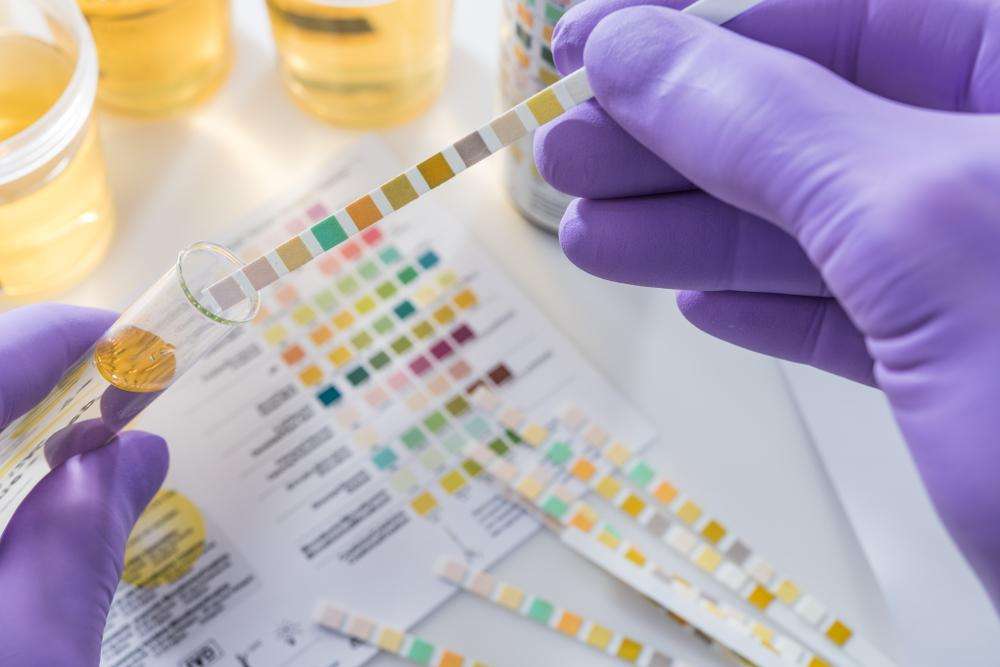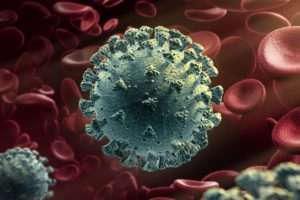Urinary tract infections (UTIs) are infections that affect your urinary system. The urinary system is divided into two different tracts — the upper and lower tract.
- The upper tract includes the kidneys and ureters.
- The lower tract includes the urethra and bladder. Most kidney infections occur in the lower urinary tract.
Urinary tract infections are one of the most common types of infections. Serious consequences can occur if a UTI is not treated. Fortunately, these infections are easily treatable with antibiotics. This is why it is important to get treatment at an Urgent Care near me.
Here are answers to some of your most frequently asked questions about UTI’s.
What causes UTIs?
The bacteria E. coli is the cause of most urinary tract infections. The urethra, which is the tube that transports urine from the bladder is close to the anus, which is where E. coli resides. The bacteria can easily escape the anus, get into the genital area, and travel through the bladder.
This is why women should wipe from front to back after urinating or defecating to prevent UTIs. For men, an enlarged prostate can prevent them from completely emptying their bladders, putting them at a higher risk for a urinary infection.
Being sexually active is another common cause of a UTI, as you can introduce bacteria into the urinary tract through birth control methods like condoms and spermicide. A weak immune system also makes a person more prone to getting a urinary tract infection.
Common UTI symptoms
Some of the common symptoms of a UTI include:
- A burning feeling when you urinate
- Pressure or pain in your lower abdomen or pelvic area
- A frequent urge to urinate
- Urinary incontinence or an inability to hold your urine
- Cloudy urine
- Foul-smelling urine
- Fatigue or fever
- Minimal but painful urine flow
Surprisingly, some people, especially elderly patients, do not have any of the above symptoms. Unlike with younger patients, confusion or disorientation is common in older adults who have UTIs. Warning signs of a urinary infection that needs serious medical attention are fever, bloody urine, chills, shaking, and pain in the side or upper back. These may indicate that the bacteria have moved up further into the urinary system, affecting the bladder, one of the kidneys, or both kidneys.
If you are experiencing any danger signs, consult with a doctor immediately.
Kidney infection Vs UTI infection
A kidney infection occurs when bacteria move into the kidneys. Kidney infections often start off as UTIs. A kidney infection and UTI can share some of the same symptoms, such as painful urination and cloudy urine. However, with a kidney infection, there are often additional symptoms, such as:
- Pain in the back or side
- Nausea and vomiting
- Diarrhea
- Fever and chills
- Rigors (uncontrollable shivering and fever)
- Blood in the urine
These symptoms often come on very quickly in the case of a kidney infection. The symptoms can go from bad to worse very quickly so immediate attention is necessary.
What happens to untreated UTI?
If you don’t get treatment for a UTI, it could lead to serious long-term consequences, including:
- Kidney infection – The bacteria can spread from the lower urinary tract and invade the kidney.
- Pregnancy complications – UTIs in pregnant women can lead to premature birth and other complications.
- Kidney damage – Frequent or long-lasting kidney infections can cause permanent kidney damage.
- Sepsis – If bacteria enter the bloodstream, you can develop sepsis, which is a life-threatening blood infection. Sepsis can lead to organ failure, shock, coma, and death.
Where to get UTI treatment near me?
Most cases of UTIs and even kidney infections are not severe enough to warrant a trip to the emergency room. However, it is important to get relief from a UTI as soon as possible.
Waiting a long time to seek medical advice from a primary care physician could result in the infection spreading to your kidneys or, worse yet, traveling through your bloodstream. Instead of waiting for an appointment with your primary care doctor or paying the high costs of an ER to treat UTIs, visit an Urgent Care Clinic for treatment instead.
At Statcare, we can treat most cases and any type of UTI infections. We have multiple locations in the New York City area to serve you. We are open 365 days a year at all of our clinics, including Astoria, Brooklyn, and the Bronx.
You can give a urine sample and we can run an in-house urinalysis to test for a urinary tract infection. To get treatment when it is convenient for you, schedule an appointment at urgent care near me.
What to do with recurrent UTI?
Some adults, especially women, get bladder infections frequently. In this case, it is important to confirm at least once that your symptoms, such as burning, frequency, and urgency, are caused by a bladder infection. The best way to confirm an infection is through urine tests, including a urine culture.
Recurrent bladder infections are usually treated the same way as the initial infection unless your infection is known or thought to be caused by resistant bacteria. If you have antibiotic resistance, we may prescribe a different set of medications.
If you continue to get bladder infections, you may require further testing. This is especially true if there is a chance you could have an abnormality in your kidneys, ureter, bladder, or urethra, or if you could have a kidney stone.
Tests for these conditions may include imaging tests such as computed tomography (CT) scan, ultrasound, or cystoscopy (looking inside the bladder with a thin, lighted telescope-like instrument).
If you continue to notice blood in your urine after your bladder infection has cleared, you would also need further testing for other medical conditions.










